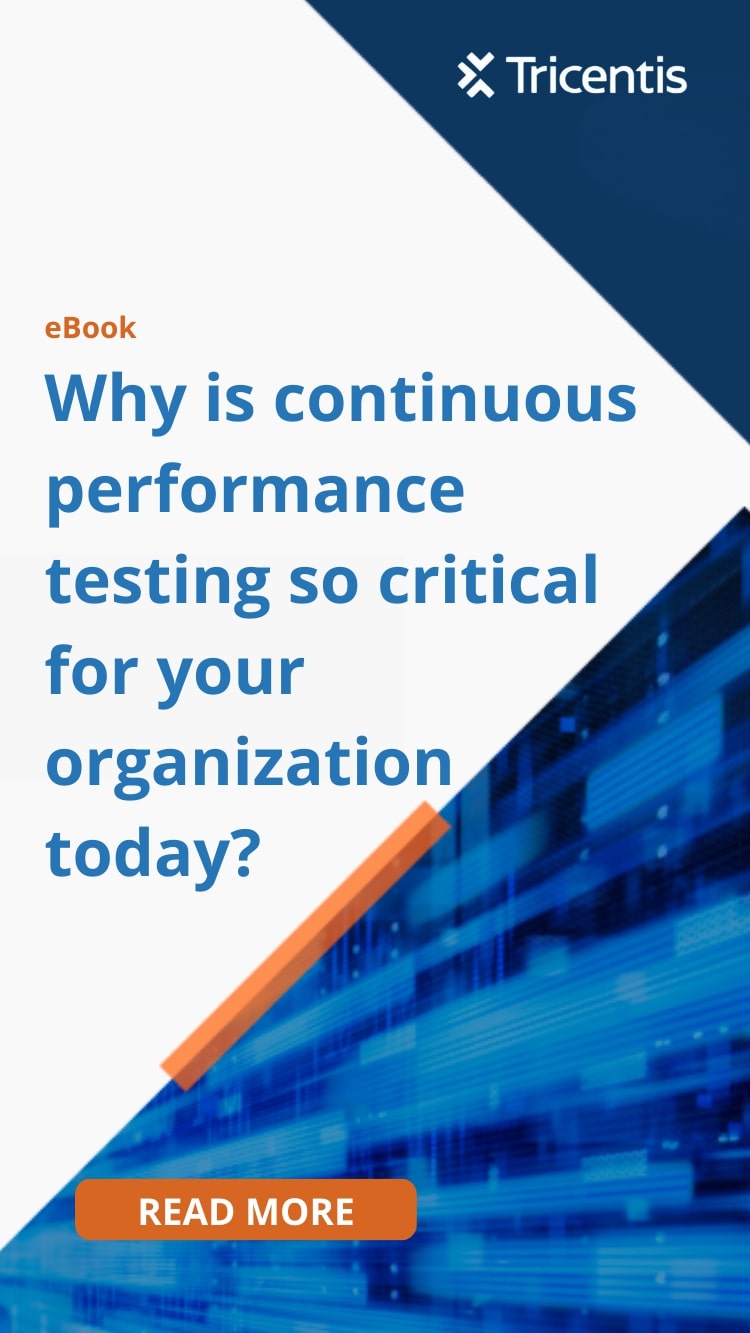Doing business has become tough. Businesses face multiple challenges. The COVID-19 pandemic has disrupted time-tested business models and wreaked havoc with supply chains. Compounding matters, fast-paced tech advances, and fickle customer sentiments drastically reduce product life cycles. Shortages of critical resources, be it talent or semiconductors, cripple most industries. Most businesses, especially small and medium ones, have stagnated or shrunk over the last couple of years.
In such a state of affairs, the onus is on the CFO to ensure the resilience of their business. CFOs are well-positioned in the enterprise to see the big picture. They have insights into the company’s macro-level financial position and can see the viability of each process.
Here are five strategies for CFOs to address the continuing uncertainty and drive business outcomes.
1. Promote a hybrid work environment
Post-pandemic, hybrid work is here to stay. Employees commute to the office only when necessary, and work from home at other times. Such remote work is win-win for employees and employers. A work-from-home employee saves on commute time, becomes more productive, and achieves better work-life balance. Employers save on costly office real-estate and supporting infrastructure. They also get to source talent from across the globe. Such a distributed work environment enables operations anytime, anywhere, and makes the enterprise resilient.
But for the success of hybrid work, CFOs need to allocate funds for:
- Remote work infrastructure. Remote work fails without migrating applications to the cloud, to enable anywhere, anytime access. Likewise, employees need standard, secure hardware.
- Network security. Remote work changes the dimensions of network security. Traditional firewalls and anti-malware suites no longer work against new threats. New tools that ensure dynamic network visibility and user-based authentication have become must-haves.
- Training employees. The success of remote work depends on team members developing remote work skills. For instance, they need to work independently and seek help proactively.
2. Co-opting the right technology
Technology is always in a state of flux. Enterprises struggle to catch up, as the pace of skill development has not matched the rollout of new technology. Also, frequent changes are not viable owing to ROI considerations and the disruptions caused during each shift.
The onus is on CFOs to:
- Prioritize new technology adoption. The CFO has to make a suitable trade-off among factors such as ROI, the criticality of the new technology, customer delight, and more.
- Upgrade to new, efficient equipment that increases capacity or reduces energy consumption.
- Invest in automation of repetitive tasks to drive efficiencies. CFOs may also drive intelligent automation of complex high-end tasks depending on the budget. For instance, AI-powered bots draw up quarterly forecasts better than credentialed professionals.
- Invest in supporting infrastructure and systems. For instance, employees face a steep learning curve and productivity loss when doing new things. Not investing in training will make inefficiencies and customer discontent worse.
3. Upskilling the workforce
Until not too long ago, enterprises competed through tech availability. But most emerging technology is open-source and accessible to all. Enterprises now drive differentiation through innovation. Innovation requires talented and resourceful human resources. The crippling skill shortage in most tech sectors increases the importance of training.
The onus is on CFOs to:
- Allocate an adequate budget to source top talent.
- Collaborate with HR to draw up upskilling strategies for the workforce. Successful enterprises develop shared visions where employee growth plans sync with business growth. The enterprise gives opportunities for the employee to grow and advance their careers.
- Set aside a budget for employee development and training of the workforce. For instance, all enterprise workforce needs training on basic security practices.

4. Support data-driven business decisions
Data has become all-important in today’s digital economy. Data-driven decisions improve efficiency and unlock competitive advantage. But today, most businesses struggle to manage their data. About 95% of businesses face some need to manage their unstructured data, which increases in quantum by the day.
Forward-looking CFOs invest in robust data management. They:
- Support the data management strategy and create infrastructure to manage data. The best enterprise invests in tools such as data lakes, data fabrics, data pipelines, and other infrastructure that aid the capture, storage, and analysis of data.
- Deploy advanced analytics solutions that deliver actionable data to managers.
- Invest in infrastructure such as edge computing to facilitate real-time data analytics.
5. Undertake proactive risk management
Today’s business environment is uncertain. The onus is on the CFO to institutionalize effective risk management to navigate the choppy water.
The best CFOs:
- Identify and manage roadblocks to achieve the strategic goals and objectives of the enterprise.
- Ensure predictability in decision-making and minimize volatility in operations. CFOs improve the robustness of enterprise functions by taking consistent management-level decisions.
- Create and maintain adequate internal controls to ensure process integrity.
- Create a robust system of backups and disaster recovery.
- Invest in flexible systems and promote change to make the enterprise systems resilient. It is beyond anyone’s control to predict major disasters such as a pandemic, war, or climate change. Improving business resilience ensures business continuity even when the external environment turns bad.
6. Proactive strategic thinking
The primary role of the CFO is to manage the balance sheet well and optimize liquidity. But the more significant impact of the CFOs is in boardroom discussions to chart the strategic roadmap of the enterprise. No strategic interventions work out unless the CFO gives the financial go-ahead.
Successful CIOs:
- Manage profitability, and make the right re-investments to the business. The best CFOs focus on both cost reduction and revenue-generating interventions. They may, for instance, re-allocate resources to efforts that deliver higher margins. Here are four cost optimization mistakes for CFOs to avoid in 2022.
- Have real-time insights into cash position and balance sheet. Successful CFOs commit strategic decisions based on forecasting models and cost viability.
- Revisit organizational and cost structures periodically. Reviews streamline processes, cut flab, and channel investments into the most needed areas.
- Take leadership of the company’s environmental, social, and governance (ESG) strategies. A key element of ESG is sustainability. Investments in making operations sustainable may not yield direct benefits. In fact, it may add to the operational costs. But the benefits accrue in the medium to long term. Environmentally-conscious customers patronize businesses that embrace sustainability.
Today’s CFOs face the heat of tough competition and pressure on margins. Increasing competition makes prices rise unviable. Profitability and survival depend on internal cost efficiencies and first-mover advantage. Successful CFOs make trade-offs of investing for the future and present-day efficiencies.












